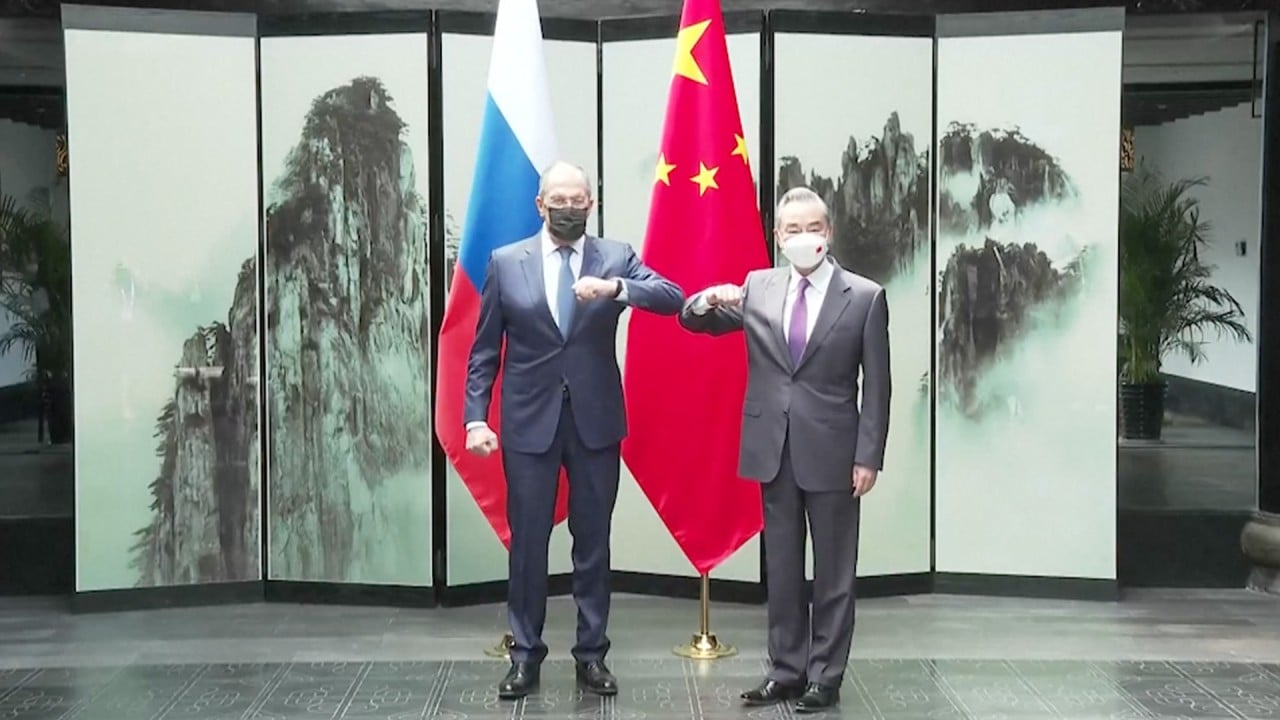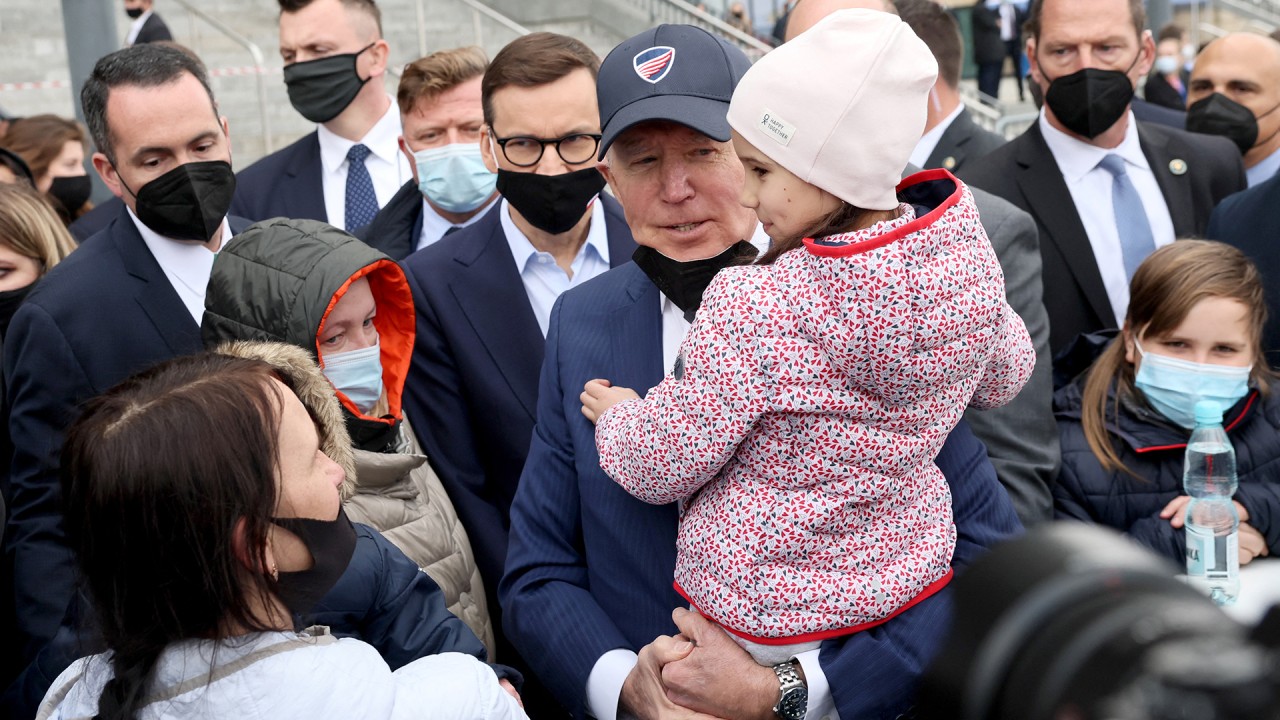
China has much to lose as war in Ukraine turns Europe away from globalisation
- Optimism about globalisation could be snuffed out for a long time, making the outlook for China and its deeply global value chains problematic
- How China chooses to respond could deepen Western fears – or begin the long process of nurturing a new form of sustainable cooperation
A newly solidified European consensus fears global interdependence with economies that do not share its liberal values. Without trusted connectivity with the wealthy US and European markets, it will be much harder for China to lead the next phase of globalisation.
A few years ago, developed economies from Germany to Australia were enthusiastically integrated with Chinese supply chains, seemingly proving that economic interdependence could overcome differences in political systems. While there remain powerful economic and other arguments for such countries to keep investing in rules-based economic cooperation, security concerns may well trump economics.
Further, the conflict has come at such a time, after a series of crises, to confirm the worst fears of the West, that authoritarian powers are not to be trusted. If we were already plummeting towards geopolitical confrontation between the US and China, the European response to the Ukraine war ensures the broader “West” will now cleave even closer to the US.
These views were expressed in a variety of research interviews conducted for this article across central Europe in recent weeks. In Poland, once anticipated to become a key hub for belt and road railways linking China to Europe, the trains are now standing still.
It does not require too much knowledge of European history to remember it was the Polish people whose Solidarity movement helped to topple the Soviet occupation of Eastern Europe in the 1980s.

Today, most Poles are counting their luck to have joined the European Union and Nato. Indeed, with their long experience of Russian expansionism, countries throughout central Europe are likely to look West, not East, to reduce their risks (and trade deficits) in the future.
China, which once looked distant enough to be an alluring economic partner, now looms as a perceived threat because of its “no limits” partnership with Russia, sealed on the eve of Russia’s invasion of Ukraine.
A critical factor supporting this narrative is that central European countries perceive that China has benefited more than they have from economic interdependence. This is despite the EU representing the world’s biggest regional experiment in economic interdependence, successfully reducing rivalry between countries that used to see each other as mortal enemies.
By the time of US President Joe Biden’s visit to Warsaw at the end of last month, his remarks on the “battle between democracy and autocracy” were no longer heard as rhetorical hyperbole, but appeared self-evident to everyone interviewed for this article. To many ears, Biden’s words sounded as if they were aimed as much at China as Russia. Security appears to have indeed trumped economics.
For Europeans today, everything appears to have changed. Globalisation as we know it may be ending. Nevertheless, what appears certain today may not be an accurate prediction of the future.
Yet it is also possible that the 21st century conflict in Europe will snuff out recent optimism about international interdependence for a long time. In that case, the outlook for China and its deeply global value chains is problematic indeed.
How China chooses to respond to this change may either deepen Western fears or begin the long process of nurturing a new form of sustainable international cooperation.
David Morris is a former Australian and multilateral diplomat. He is vice-chair of the UNESCAP Sustainable Business Network and is currently engaged in EU-funded Jean Monnet Network research on Eurasian interdependence and conflict. Twitter @dm_aus



